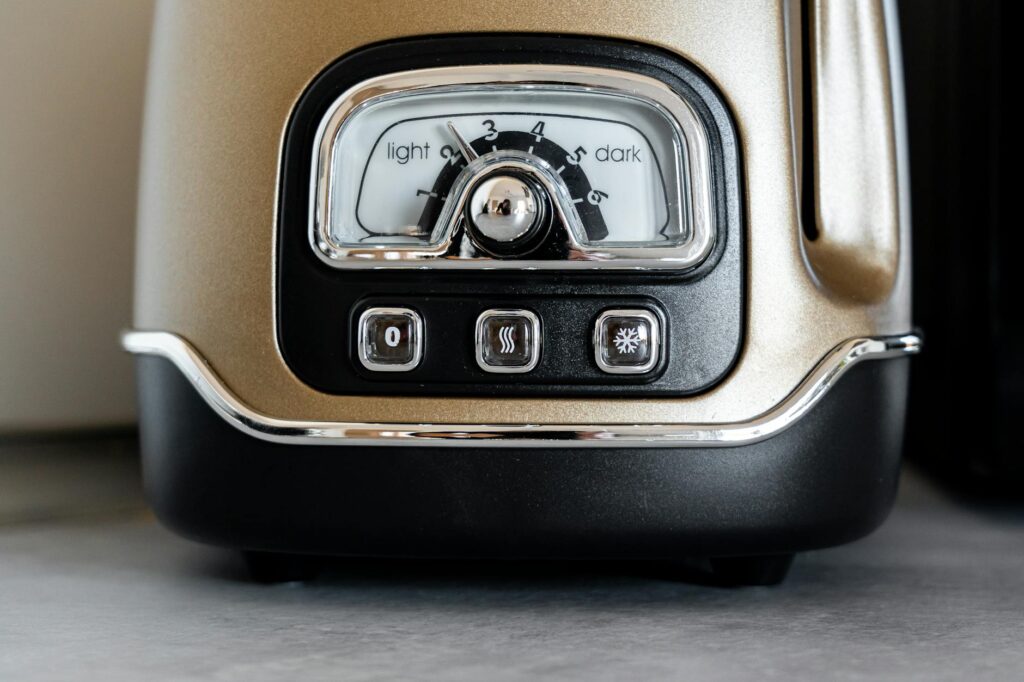What is set timer?

What is set timer?
Setting a timer is a simple yet powerful way to manage time effectively. Whether you’re racing against the clock to finish a project, cooking dinner, or trying to focus on a study session, using a timer can enhance your productivity and improve overall time management. This article will explore the concept of a set timer, its importance, practical applications, and the various types of timers available.
Understanding the Concept of Set Timer
A set timer is a device or app that counts down from a specified amount of time until it reaches zero. The purpose of a timer is straightforward: it helps you track the duration of an activity or breaks it into manageable segments. By keeping you aware of time passing, a timer can aid in maintaining focus and ensuring tasks are completed promptly.
Definition of Set Timer
Simply put, a set timer is a tool for measuring time intervals. You can set it for any duration, from seconds to hours, depending on your needs. It typically emits a sound or provides a visual cue once the pre-set time has elapsed, signaling that it’s time to take action or shift focus.
How Set Timer Works
The mechanics of a timer are quite simple. You input the desired duration, and the timer begins counting down. Most timers have a display that shows the remaining time. When the countdown reaches zero, an alarm or notification alerts you. This functionality helps you stay on track and manage your tasks effectively.
Importance of Using a Set Timer
The benefits of using timers in daily life cannot be overstated. They provide structure to your day and can lead to enhanced productivity and better time management.
Boosting Productivity
Have you ever found yourself lost in a task, only to look up and realize hours have passed? This is where a set timer can make a difference. By setting a timer, you can create focused work sessions that minimize distractions. Techniques like the Pomodoro Technique, which involves working for 25 minutes followed by a 5-minute break, demonstrate how timers can help maintain focus and increase efficiency.
For instance, inkandvolt.com emphasizes how using a timer can harness your attention, allowing you to spend more time on important tasks and less on those that don’t require your full focus.
Improving Time Management
Time management is a crucial skill for personal and professional success. By setting timers, you can allocate your time efficiently. For example, if you allocate specific blocks of time for work tasks, breaks, and personal activities, you can ensure that each area of your life receives the attention it deserves.
Timers create a sense of urgency, making it easier to prioritize and execute tasks within a set timeframe. This not only keeps you organized but also reduces procrastination.
Practical Applications of Set Timers
Timers have various applications in both work and personal life. Here are some practical scenarios where a set timer can be beneficial.
In the Workplace
In a fast-paced work environment, timers can enhance efficiency. For instance, setting a timer for specific task completion can prevent you from spending too long on one project, encouraging you to move on once time is up.
Using timers during meetings can help keep discussions focused and ensure that each agenda item receives adequate attention without dragging on unnecessarily. This structured approach can lead to more productive meetings and better time management.
For Personal Development
Timers can also play a significant role in personal development. Whether you’re studying for exams, exercising, or even practicing mindfulness, setting a timer can help maintain focus and motivate you to stick with your routine.
For example, if you plan to study for an hour, setting a timer can keep you on track. You might also use a timer for workouts, ensuring you stay committed to your fitness goals.
Different Types of Set Timers
There are many types of timers available, each with unique features to suit various needs.
Digital vs. Mechanical Timers
Digital timers are often more versatile and user-friendly. They allow you to set precise durations with the push of a button and often come with additional features, such as alarms and countdowns. On the other hand, mechanical timers, like traditional kitchen timers, are simple and don’t require batteries, making them reliable for quick tasks.
Choosing between digital and mechanical timers depends on personal preference and the specific tasks you need them for.
Mobile Apps and Tools
In today’s digital world, mobile apps have transformed how we use timers. Numerous apps provide advanced features, including multiple timers, reminders, and custom intervals. Examples include the Stopwatch Timer app on Google Play, which offers intuitive controls for quick timer setup and management.
Additionally, websites like timeanddate.com and vclock.com provide online timers for those who prefer using a browser for countdowns.

Photo by Castorly Stock
Conclusion
Incorporating a set timer into your daily routine can significantly enhance your productivity and time management skills. Whether in the workplace or for personal development, a timer provides structure and keeps you focused. With various options available, from digital to mechanical, you’re sure to find a timer that fits your needs perfectly.
Start using timers today, and experience firsthand how they can transform your approach to tasks, ultimately leading to better efficiency and a more balanced life.